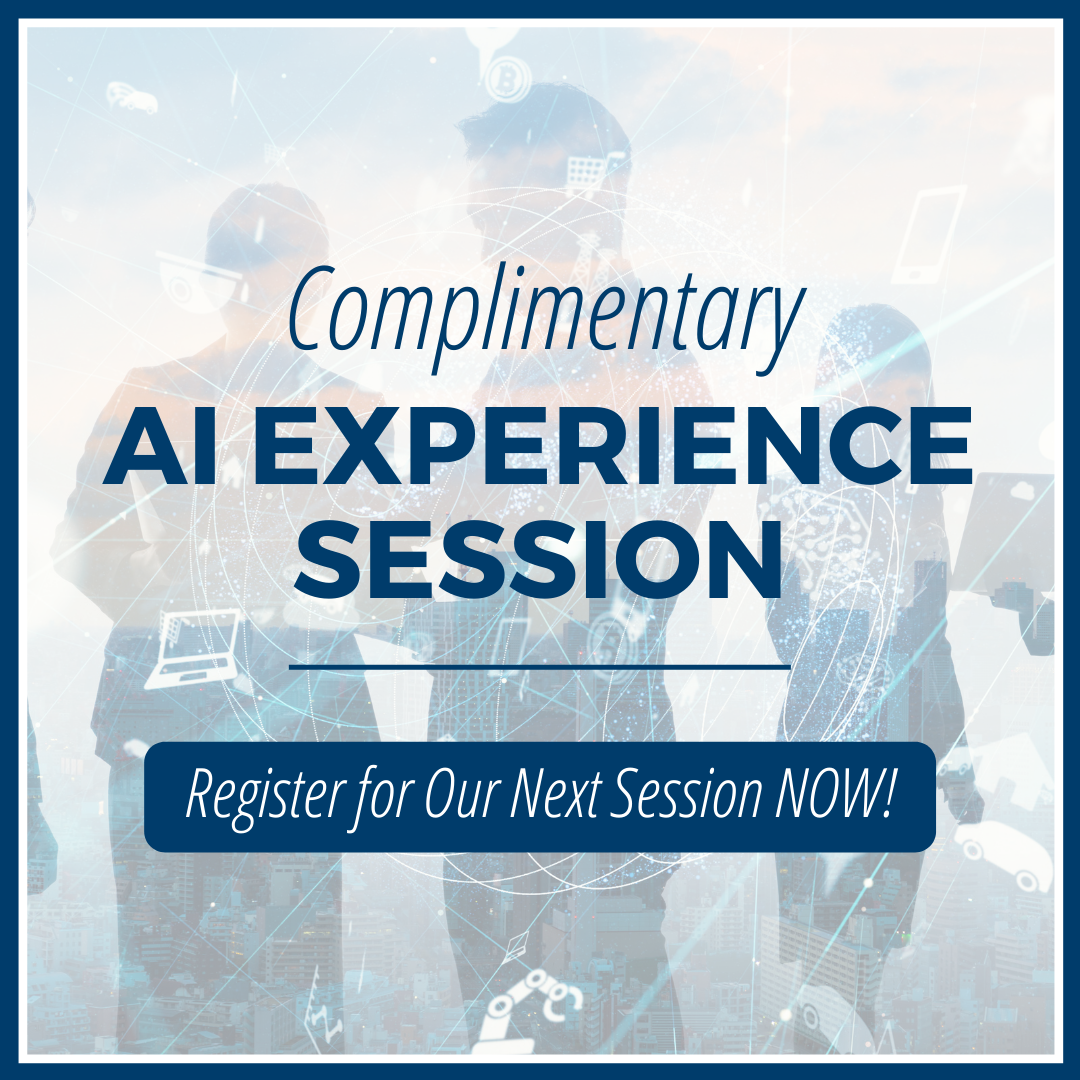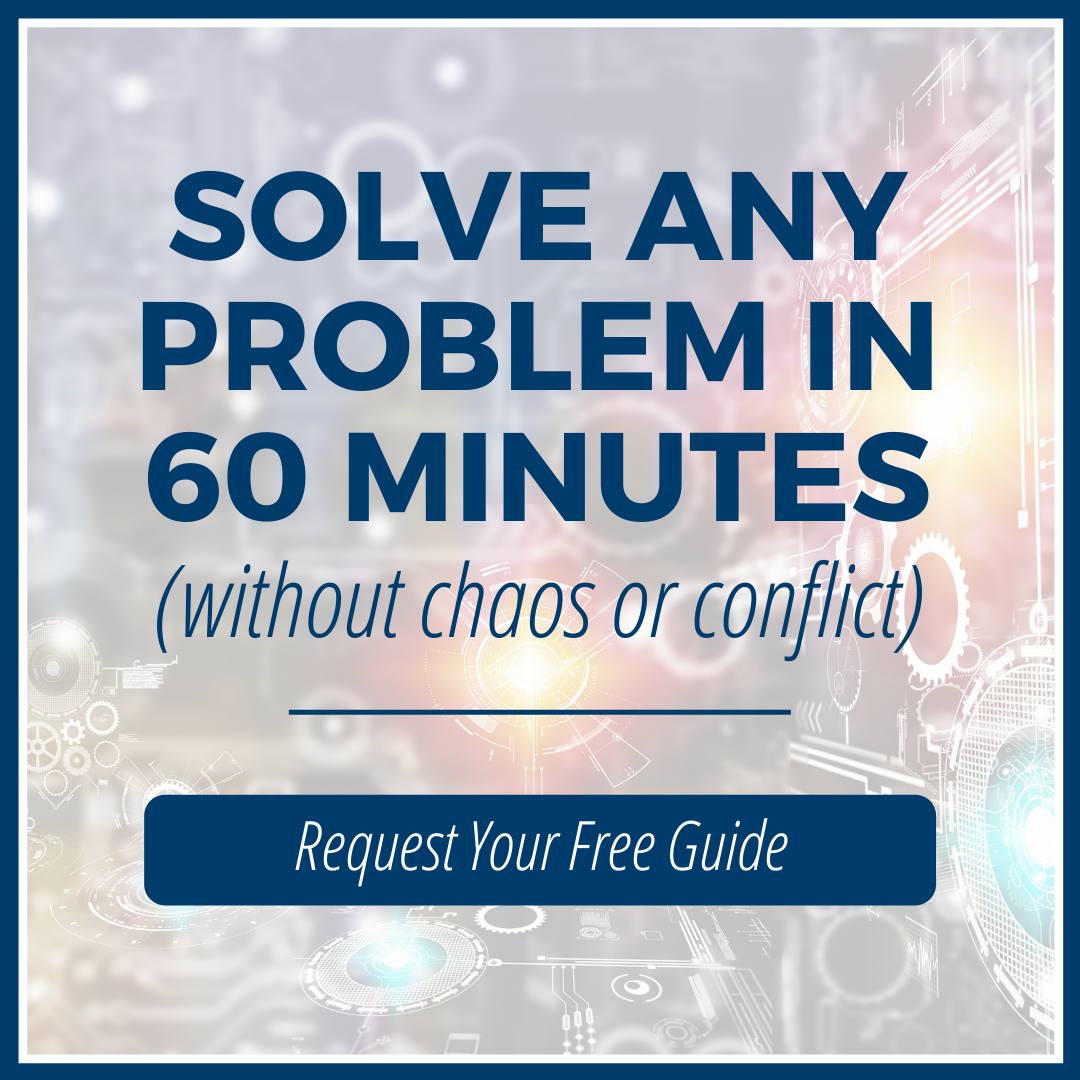The Rare Ability of Deep Work for Mastery of New Skills

“Deep Work” is a term coined by Cal Newport[1] in his 2016 masterful book, Deep Work, Rule for Focused Success in a Distracted World. He defines deep work:
Professional activities performed in a state of distraction-free concentration that push your cognitive capabilities to their limit. These efforts create new value, improve your skill, and are hard to replicate. It is necessary to wring every last drop of value out of your current capacity.
Newport sketches examples of his description of deep work beginning with Carl Jung’s break from Freud and ending his narrative with Bill Gates’ “serial obsession of focus.”
Deep work is a rare achievement as contrasted by Jason Fried’s Ted talk, Why work doesn’t happen at work,[2] an entertaining presentation on distractions at work due to managers and messages. Stacey Lastoe[3] cites the UC Irvine study in her them use article This is Nuts: It Takes Nearly 30 Minutes to Refocus After You Get Distracted. It’s a reality that we are mostly distracted today due to the speed of information pushed on us.
Cal Newport doesn’t deny that we keep up with the news or reply to emails, but he underlines the need to develop the skill of focused attention on the productive use of our limited time. He calls us to learn the “hard things” quickly in both quality and speed. In his introduction, he presents his vision of success:
This book is best described as an attempt to formalize and explain my attraction to depth over shallow, and to detail the type of strategies that have helped me act on this attraction – to cultivate an ability to produce real value in an increasingly distracted world. A deep life is a good life.
Newport quotes the authors of Race Against the Machine,[4] “We are in the early throes of a Great Restructuring”. “Our technologies are racing ahead but many of our skills and organizations are lagging behind. … It is … dividing our job.” Newport then cites Tyler Cowen’s book, Average is Over[5], in which he describes a digital divide of high skilled workers, superstars, and owners. Newport summarizes:
In this new economy, three groups will have advantages: those who can work well and creatively with intelligent machines, those who are the best at what they do, and those with access to capital. These groups will thrive. (He goes on to the two core abilities for thriving in the new economy) – 1. The ability to quickly master hard things. 2) the ability to produce at an elite level in terms of both quality and speed. These two core abilities depend on one’s ability to perform deep work. … Most intelligent machines driving the Great Restructuring are significantly more complex to understand and master.
Newport’s push for making deep work one’s priority is based on his own personal struggle with finding the balance between shallow work that is easy and deep work that is productive and valuable. He never works passed 5:00 p.m. to give time to his family. He has mastered the time dedicated to work to hone the skill of concentration, referencing Mihaly Csikszentmihalyi’s flow that also describes deep work as “stretching one’s mind to its limits, concentrating, and losing oneself in an activity.”
Newport’s book is both biographical and instructional, putting forth the need for deep work in today’s distracted culture. The second part of this outstanding writing is filled with guidelines and directives on how to effectively learn and build the skill of deep work. It is the challenge toward which technology is driving us.
Take-away: Deep work might not be for everyone, but it is there
Sources:
[1]Newport, Cal, (2016); Deep Work, Rules for focused success in a distract world, Grand Central Publishing, New York, NY.
[2] Fried, Jason; https://www.ted.com/talks/jason_fried_why_work_doesn_t_happen_at_work/transcript?language=en (transcript included),
[3] Lastoe, Stacey (n/d); https://www.themuse.com/advice/this-is-nuts-it-takes-nearly-30-minutes-to-refocus-after-you-get-distracted
[4] Brynjolfsson, Erik & McAfee, Andrew (2011); Race Against the Machine, Digital Frontier Press, Lexington, MA
[5] Cowen, Tyler, (2013); Average is Over, Dutton, New York, N.Y.



